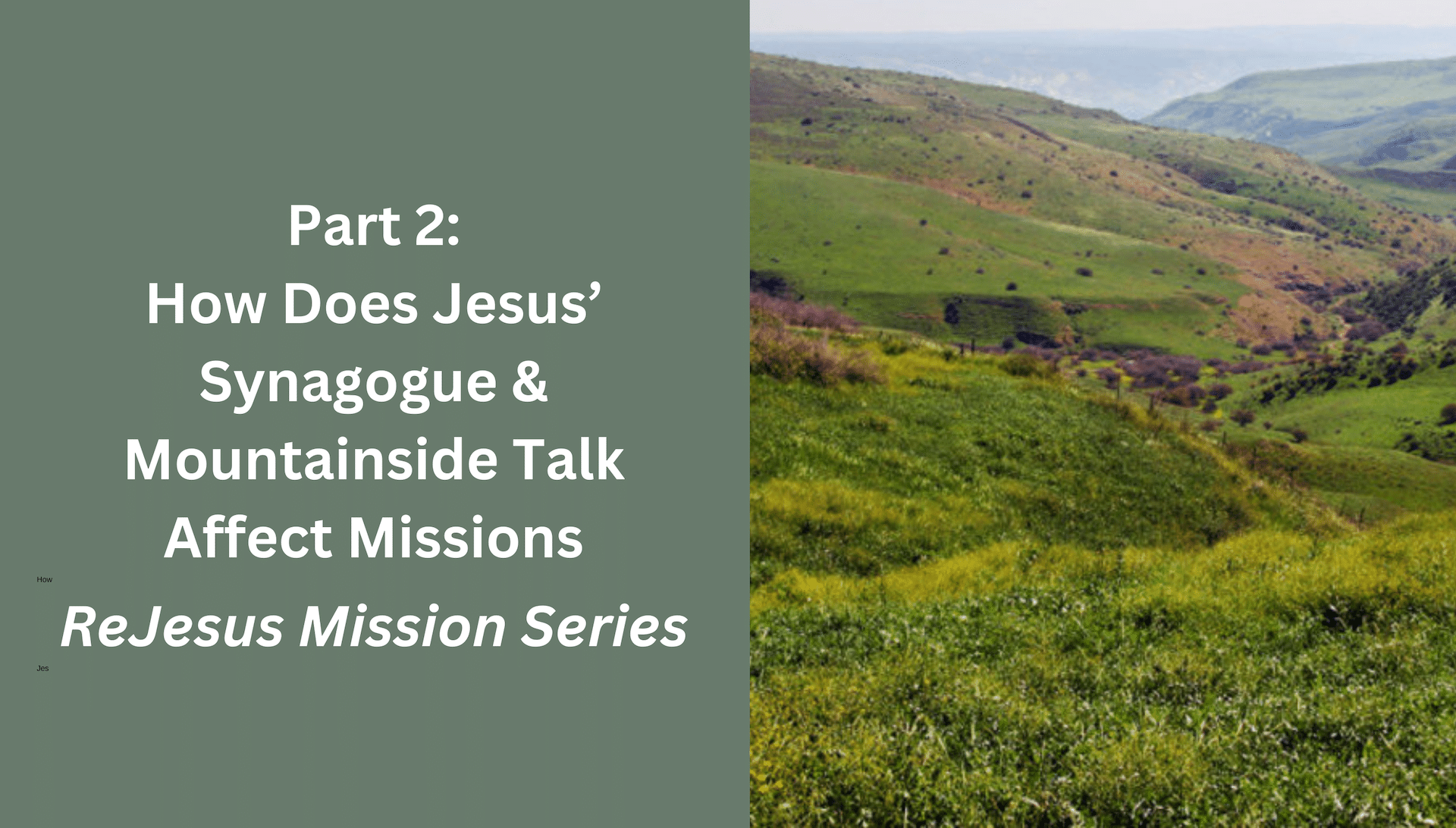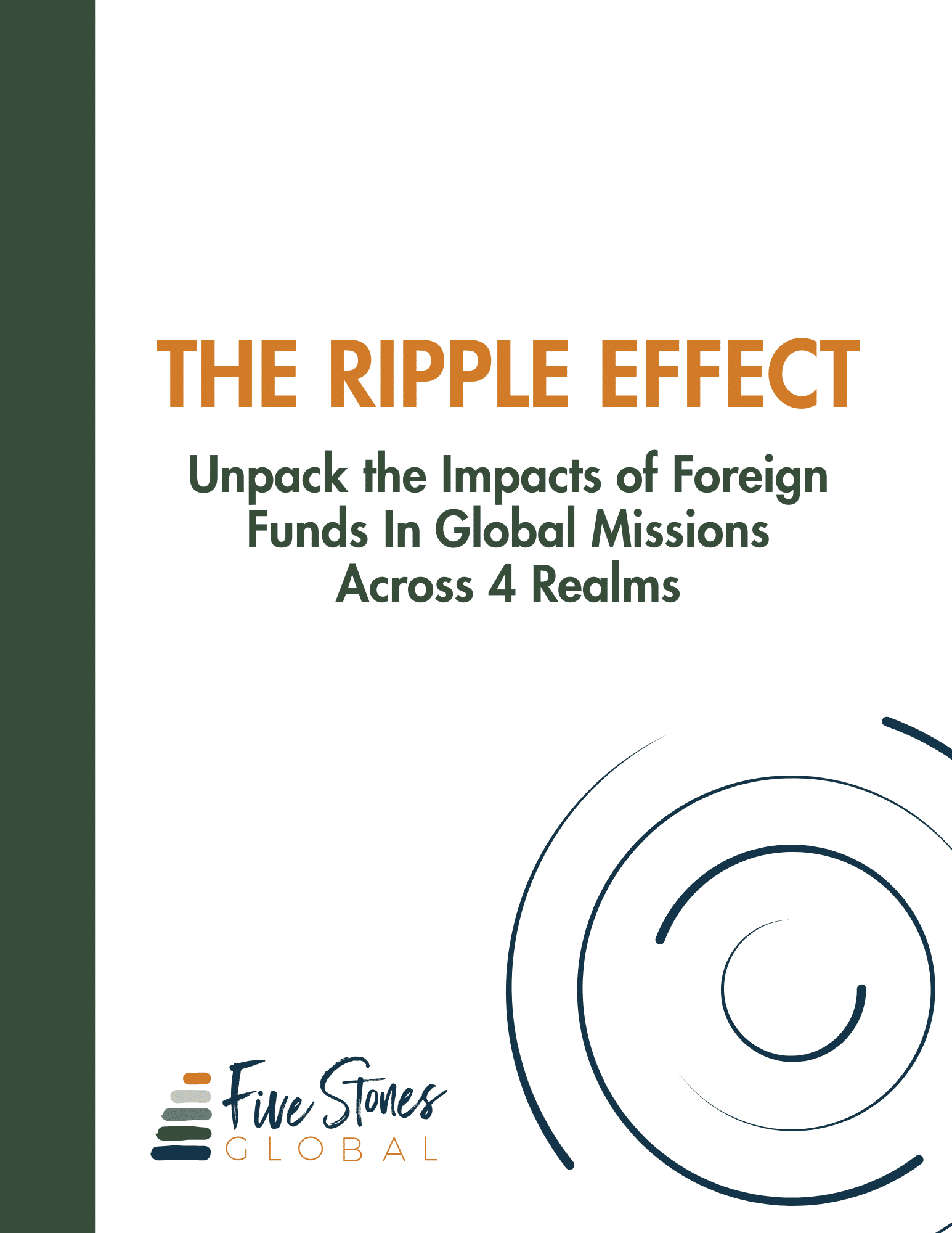By Jean Johnson
There seems to be a discrepancy between how Jesus prepared His disciples for missions and the way the West prepares modern day disciples for missions.
In Part 1 of this blog series Re-Jesus Missions, Has Western Christianity Stolen our Ability to Reflect Jesus’ Way of Missions?, we left off with this question:
- Did the One who spoke the Great Commission know the best way to practice it.
Let’s begin to explore Jesus’ spoken words (orthodoxy) and his manner of putting those words into practice (orthopraxy).
Jesus’ Synagogue Talk
After the devil tried to undo Jesus, Jesus entered his childhood town of Nazareth. As was His habit, Jesus went into the synagogue. At this time, He basically read His own manuscript—which described His role and plan of action:
The Spirit of the Lord is upon Me, Because He has anointed Me To preach the gospel to the poor; He has sent Me to heal the brokenhearted, To proclaim liberty to the captives And recovery of sight to the blind, To set at liberty those who are oppressed; To proclaim the acceptable year of the Lord. (Luke 4:18-19, VOICE)
Jesus summarized His sublime, critical mission in one synagogue reading.
Jesus’ Mountainside Talk
Interestingly enough, Jesus shared a similar talk beside a mountain. But, this time He was talking to His disciples.
Looking at his disciples, He said:
Blessed are you who hunger now, for you will be satisfied. Blessed are you who weep now, for you will laugh. Blessed are you when people hate you, when they exclude you and insult you and reject your name as evil, because of the Son of Man. “Rejoice in that day and leap for joy, because great is your reward in heaven. For that is how their ancestors treated the prophets (Luke 6:20-23, NIV).
I had to read this more than twice!
At first glance, it seems as though Jesus is telling the poor, hungry, and weeping to be encouraged—a better life is just around the corner.
At second and third glance, it seems more like Jesus is telling His disciples to get ready for poverty, hunger, weeping, and persecution because of Him.
How Would this Affect our Mission Training?
As Western missionaries, we are mostly taught how to use our access to homeland wealth, power, technology, education, and the English language to bring the good news and solve poverty. We are encouraged to set up somewhat sheltered lifestyles because a healthy missionary is better than a tired and sickly one.
Yet, there seems to be a discrepancy between how Jesus prepared His disciples for missions and how the West prepares for missions.
I have never come across a global mission class on how to prepare ourselves for poverty, hunger, weeping, and persecution.
If we were to Re-Jesus missions, we may need to consider emulating Jesus’ humble and sacrificial lifestyle and hold more mission trainings on how to suffer, live communal, live simply, create rhythms of rest in context, pray through the night, and love our enemies.
I will leave you here with one question to think about for next time:
- What were Jesus’ main repetitive actions (orthopraxy) in fulfilling His words (orthodoxy) read from the scroll of Isaiah according to the gospel of Dr. Luke?


